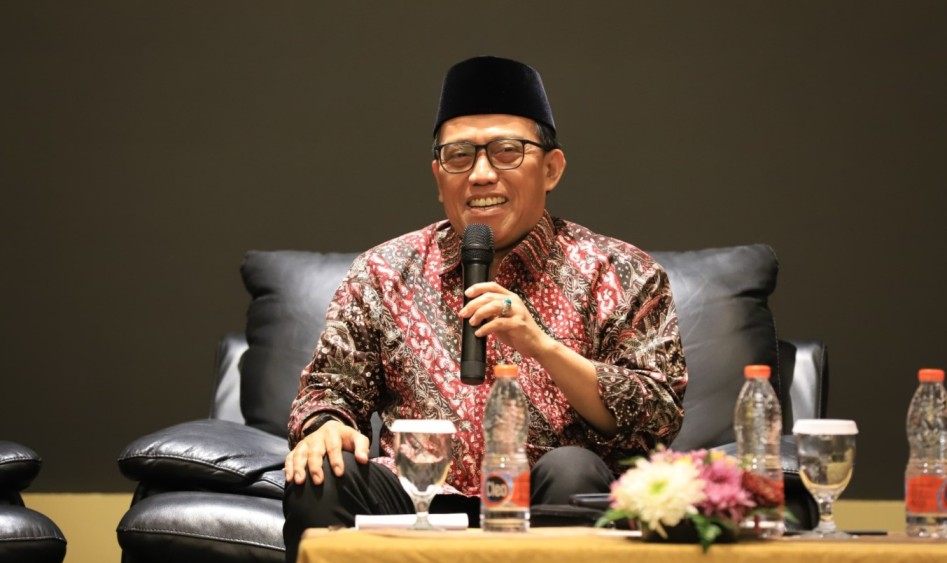Indonesia, Japan sign cooperation on energy transition

Jakarta (Indonesia Window) – The governments of Indonesian and Japan on Monday (Jan. 10) signed a Memorandum of Cooperation (MoC) on energy transition which aims to facilitate energy transition programs of the two countries.
The cooperation document was signed by Indonesian Minister of Energy and Mineral Resources Arifin Tasrif and Japanese Minister of Economy, Trade and Industry Hagiuda Koichi here on Monday.
Arifin explained that Indonesia’s energy transition program needs the support of international partners in order to achieve the carbon neutrality target by 2060.
“Some of the policy tools that we have implemented are to provide ease of doing business and prepare a draft regulation of the Minister of Energy and Mineral Resources on renewable energy tariffs,” he said.
The minister emphasized that the energy sector would certainly face huge challenges in the future due to the increasing dependence on fossil energy.
According to him, this bilateral cooperation would facilitate the process of technology transfer to accelerate the energy transition.
“Indonesia and Japan can jointly develop Carbon Capture, Utilization, and Storage (CCUS) technology by utilizing natural resources in Indonesia,” Arifin said.
Meanwhile, Japanese Minister of Economy, Trade and Industry Hagiuda Koichi welcomed this collaboration to help accelerate the achievement of the energy transition process in Indonesia.
“Japan wants to help achieve this target through the framework of the Asia Energy Transition Initiative,” Hagiuda said.
The cooperation agreed in the MoC includes the preparation of an energy transition roadmap towards clean emissions based on respective national targets, as well as the development of technologies that contribute to a realistic transition of energy, including hydrogen, ammonia fuel, carbon recycling, and CCS/CCUS.
At the technical level, a joint study on co-combustion fuel ammonia in Steam Power Plants between the Mitsubishi Indonesia Representative and the Center for Research and Development of Oil and Gas Technology (Lemigas) is currently underway.
The study, which is scheduled to be completed in January 2022, aims to assess the technical and economic feasibility of using ammonia to partially substitute coal to maintain the operational life of power plants.
“I am pleased to announce that Japan has become an important partner for Indonesia’s journey towards the energy transition. With real supports, we believe net zero emissions by 2060 could be achieved, while maintaining energy security, access and affordability,” Hagiuda said.
Reporting by Indonesia Window

.jpg)








